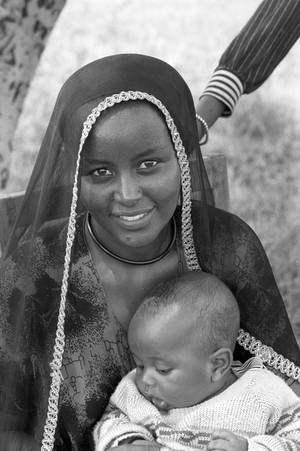Difficult Texts of the Bible Judges: 19
This week's study is written by Dr Fulata Mbano-Moyo who is a systematic theologian and church historian and currently works as the World Council of Churches' Programme Executive for women in church and society. Originally from reformed tradition in Malawi, she received her doctorate from the University of KwaZulu- Natal, South Africa, focusing on gender and sexual ethics with grounding from Yale University's Divinity School and Department of Public Health. She is also the continental coordinator of the Circle of Concerned African Women Theologians also trained in contextual Bible study methodology, conflict resolution and epidemiology.
Though the story of the “Concubine” in Judges 19 is about costly sacrifice through dismembering and death, it always reminds me of my being sacrificed to hospitality. Whose interests and safety do we serve in our understanding of hospitality?
This is surely one of the most horrific stories in the Bible. It is certainly not one that was read to me at my mother’s knee.
The individual tragedy of the abused concubine and of the women in the film are much more resonant and yet in both the film and the Bible narrative, the male protagonists find excuses, prejudices and political theories to keep them from accepting the basic truth of human suffering. Tragedy fuels further tragedy, as revenge and violence escalates and trauma compounds.
Their bodies are wrecked by the careless greed of men but the response from their kinsmen is one of shame, disgust and further violence. Do we ever find ourselves responding to another’s pain with such violence?
A body willingly given is very different to a body taken by force. Does a God who knows rejection and violence have a special message for women who share these experiences?




